When your body is working to heal a wound, your food choices can make or break the process. It’s not just about eating nutritious foods, but also avoiding ones that can slow healing or worsen scarring.
Wound healing is a complex process that requires nutritional support at every stage.
Three Stages of Healing—And What Your Body Needs
- Hemostasis & Inflammation: Your body clears out damaged cells and fights germs. Poor nutrition here can stall the cleanup.
- Proliferation: New tissue begins to grow, but it requires raw materials, particularly protein and oxygen.
- Maturation: Old collagen is replaced with stronger, more resilient fibers. Protein and key nutrients are vital in this “finishing” phase.
5 Foods to Avoid While Healing
- Excess sugar
Sweets and sugary drinks trigger glycation, which blocks collagen production and slows skin repair. - Alcohol
Dehydrates the body and reduces absorption of key nutrients needed for healing. - High-sodium foods
Instant meals, processed meats, and salty snacks impair circulation near wounds, reducing nutrient flow. - Too much caffeine
A diuretic effect means more fluid loss, resulting in less hydration, which in turn leads to slower blood flow and slower healing. - Refined carbs
White bread, white rice, and starchy snacks spike blood sugar and disrupt tissue regeneration.
What Should You Eat Instead?

• Lean protein from fish, chicken, eggs, legumes
• Vitamin C from citrus, kiwi, bell peppers—for collagen production
• Antioxidants from greens, berries, and fresh fruit
• Lots of water to stay hydrated
For external support, use wund+™ Regeneration Cream. It maintains ideal moisture levels and supports skin cell regeneration from the outside. The combination of internal nutrition and external care promotes faster, better healing.
Healing takes time, but the right food can help your body complete the process without setbacks. Eat smart, heal faster, and minimize scars!
Reference
Oneskin. Accessed in 2025. Foods to Avoid During Wound Healing.








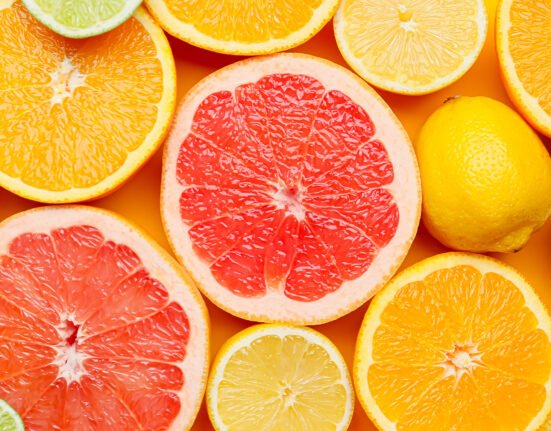
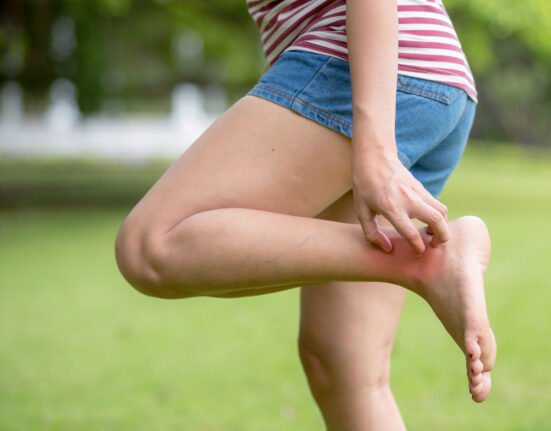
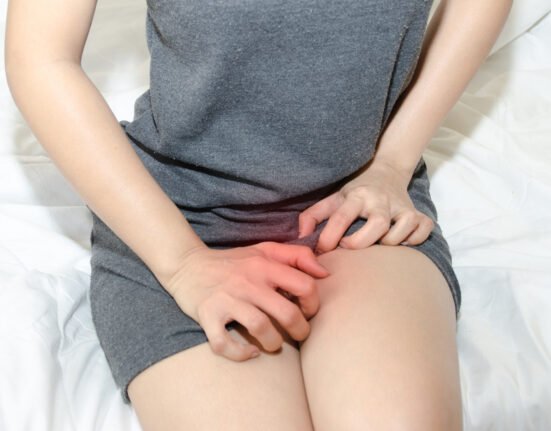
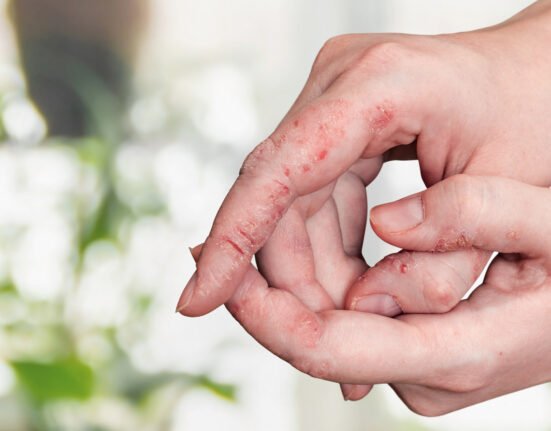

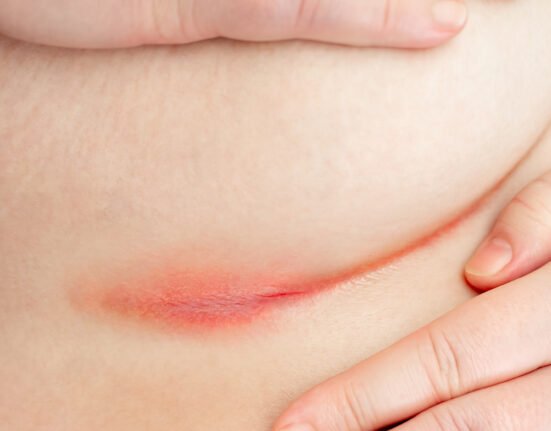
Leave feedback about this